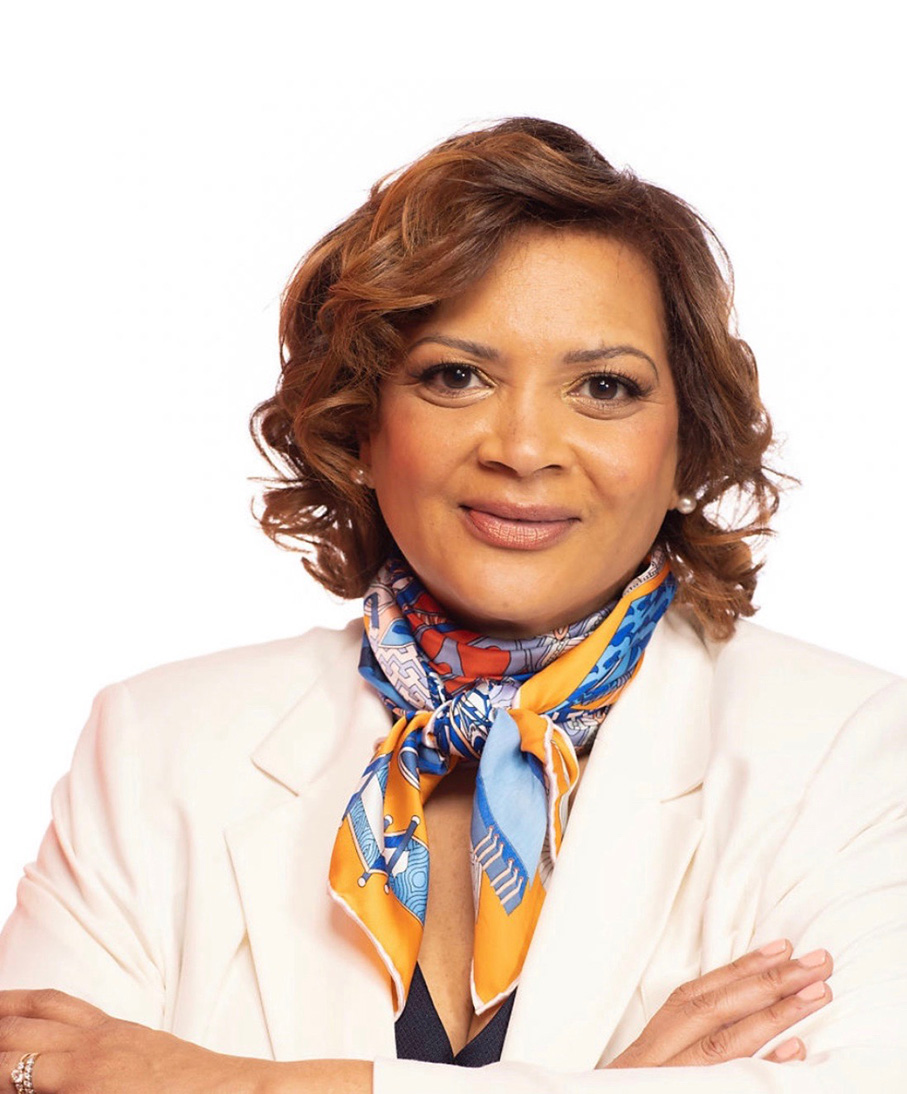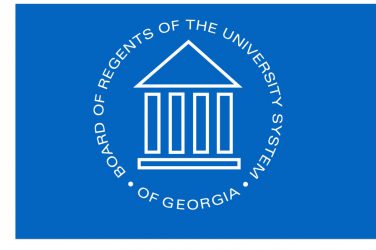Film screenings, art exhibitions and other events in Athens this month celebrate women’s accomplishments in fields including politics, art and science.
The events this year will take place virtually or with social distancing measures to account for the COVID-19 pandemic. March 1987 was the first official Women’s History Month, the end result of years of national pressure advocating for the formal designation.
Why It’s Newsworthy: Women’s History Month seeks to bridge the past to the present by celebrating current accomplishments, while also looking at the path and actions of other innovative women who broke down initial barriers.
‘Picture a Scientist’ Screening
“Picture a Scientist,” an official Tribeca Film Festival selection, follows a biologist, a chemist and a geologist as they explain their journey through their fields, discussing how they overcame harassment and discrimination.
The free screening is available through March 6, and viewers must register to receive access.
The screening is supported by 25 colleges, offices and departments at UGA, and in April, a panel discussion will be held to discuss the film.
Women’s History Month Keynote Address
The Institute for Women’s Studies will present its Women’s History Month keynote address virtually this year, and the speaker will be Deborah Scott, executive director of Georgia Stand-Up, an organization that works to increase voter participation.
Scott advocates for universal voting rights and will discuss the work that must be done to ensure voter participation. She also will highlight the women behind these efforts.
Terri Hatfield, the program coordinator for the Institute for Women’s Studies, said that Scott’s address will speak to the heart of this year’s theme, “Valiant Women of the Vote: Refusing to be Silenced.”
The work Scott does and has been doing for decades is ongoing because “as of today, there are ongoing struggles with voter suppression here in the state of Georgia,” Hatfield said.
Scott’s address, “Behind Every Great Woman are Great Women,” will take place March 16 at 4 p.m.
Registration is required for the free event.
Panel Discussion about Social Justice in the Classroom
Panelists from the department of educational theory and practice at the University of Georgia will discuss on March 18 how to include race, gender and social justice in education.
The “Integrating Gender, Race, and Social Justice Work in K-12 Teaching” event, sponsored by the Institute for Women’s Studies, will include panelists Stephanie Jones, Sherell McArthur and Elizabeth Saylor. Usree Bhattacharya from the department of language and literacy education will moderate the free virtual event, which begins at 12:30 p.m.
Registration is required.
‘Councilwoman’ Screening
The film, “Councilwoman,” follows Carmen Castillo during her first term after winning a seat on the city council in Providence, Rhode Island. Viewers of the 2019 documentary will watch her balance the needs of her full-time job as a hotel housekeeper, her personal life and her new position.
The free screening, sponsored by the Institute for Women’s Studies, is available online from March 29 to April 2. Visit the institute’s website for information on how to access the film.
Emma Amos Exhibit at the Georgia Museum of Art
For those who want to celebrate Women’s History Month through art, the Emma Amos: Color Odyssey exhibit at the Georgia Museum of Art showcases approximately 60 of her works.
Amos, who was born in Atlanta in 1937 and died in May 2020, is best known for her mixed-media paintings that explore the intersections of race, class and gender in the art field and in society.
The exhibit runs through April 25, and the museum is open Thursday through Sunday.
Caroline Kurzawa is a junior majoring in journalism in the Grady College of Journalism and Mass Communication and minoring in women’s studies at the University of Georgia.









Show Comments (1)